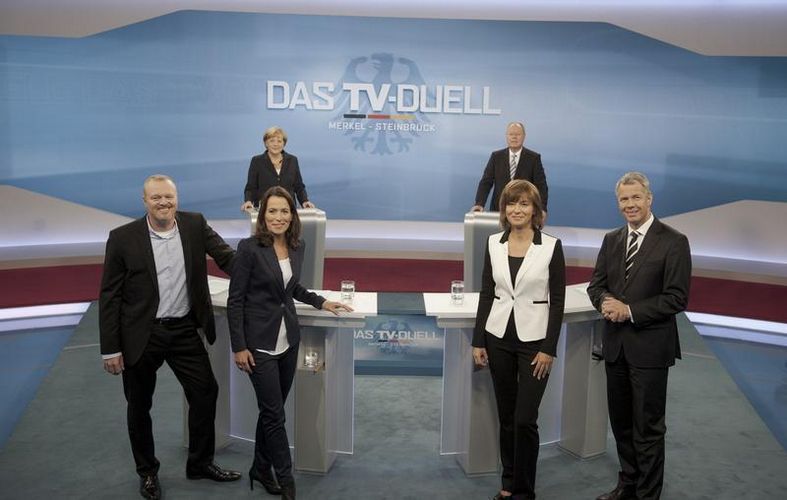European ECM teams have picked up where they left off before the summer break with three out of five US$200m-plus overnight trades last week not fully sold or loss-making, leading to an inevitable outcry from those that lost the relevant auctions.
Bankers from across the industry point to a paradigm shift in backstopped placings, with bankers admitting to pricing in what one called “acceptable losses” in order to win all-important league table credit.
The strongest criticism last week was reserved for Deutsche Bank’s running of Finnish state-owned Solidium’s sale of a 1.6% stake in telecoms operator TeliaSonera.
The German bank managed to distribute all of the shares on offer, but only did so by taking the apparently extraordinary step of launching the sale at a price lower than it had paid for the shares.
Solidium reported proceeds of €368m on Thursday morning. At Wednesday night’s conversion rate, that corresponds to a price per share of about SKr47.16 (in other words, the price Deutsche paid for the shares) for an offering of 68m shares and a transaction size of SKr3.206bn (US$486m).
Yet Deutsche launched the deal, won in an auction, with a range of SKr47–SKr48 and priced the deal with a covered book on Thursday morning at SKr47. Proceeds at that pricing were SKr3.196bn.
Bankers said that while this was unlikely to be the first time anyone has launched a trade offering stock below where the bank had bought the shares, it was the first time it had been so transparent.
While commissions may have helped bridge the gap, Deutsche’s apparent act of self-harm was presumably an effort to deal with a central problem affecting block trades this year: that investors have often been scared off by price guidance, where the bottom of the range is the tight level where banks have bought.
The strategy also landed Deutsche US$480m of league table credit that will help the bank in its efforts to catch current frontrunner Goldman Sachs. But it is a troubling development, nonetheless.
A new low
“It marks a new low in block auctions,” said one head of ECM syndicate. “It’s not necessarily wrong – and possibly quite smart of them to start with a lower price and try to get momentum. But at some point we have to ask, what’s the point and what are we doing to ourselves?”
The head of ECM at another bank said it was a “horrible situation for the rest of us”.
“What do you need to do now to be relevant, versus your capacity for things to go wrong? Also, it’s insane – you are turning up to lose money. What other business does that?”
“It’s not necessarily wrong – and possibly quite smart of them to start with a lower price and try to get momentum. But at some point we have to ask, what’s the point and what are we doing to ourselves?”
The deal came just a day after private equity giants KKR and Permira launched the €766.75m sale of an 11% stake in German broadcasting group ProSiebenSat.1 Media. The invitation to bid for the deal was greeted with trepidation as Deutsche had struggled with a €485.27m preference share sale in the name in February.
Deutsche’s inability to sell that transaction – or, perhaps, its decision to hold on to the stock – followed by a rebound in the shares, meant the bank did not have to realise early paper losses that at one point could have reached more than €10m. Thanks to the rebound, the trade ended up being highly profitable, but Deutsche had appeared chastened in subsequent auctions.
This time around, JP Morgan won an auction to sell 25m ordinary shares in ProSieben, the broadcaster having converted its prefs into common stock in mid-August.
The result appeared to be the same: books closing without a covered message. That was despite a 5% discount at the €30.67 pricing and interest from US accounts late on Tuesday evening.
Strong demand
JP Morgan is understood to have been happy with the transaction, having a long-term advisory role for ProSieben and running a non-deal roadshow for the company in May. There was said to be strong demand for a sale in the now-converted stock, albeit not enough to clear the sale. JP Morgan is said to have cleared the residual stock during the day on Wednesday.
Also on Wednesday, Xavier Niel, founder of Iliad, picked up €315.5m from the sale of a 3% stake in the French telecoms operator. A narrow auction process among a handful of French banks and Goldman Sachs gave BNP Paribas the sole bookrunner slot – and more unsold stock.
On Thursday night, Deutsche followed up with another 6% sale in ProSieben, this time for seller Telegraaf Media Group and a fully distributed transaction of €393.9m.
The preponderance of accelerated bookbuilds this year – and banks’ failure to control themselves in auctions – has seen banks lobby data providers, including Thomson Reuters, to exclude such transactions from their league tables.
